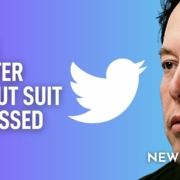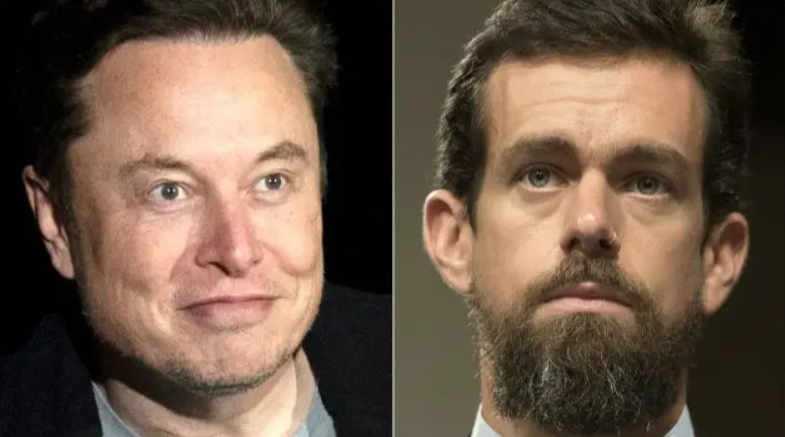Musk Twitter buyout suit dismissed
U.S. District Judge Charles Breyer in San Francisco dismisses a class-action lawsuit against Musk which accused him of cheating Twitter shareholders in the course of buying the company. (Heresniak v Musk et al, U.S. District Court, Northern District of California, No. 22-03074)
According to the judge, the plaintiff lacked standing to sue because he challenged “wrongs associated with” Musk’s buyout, not the fairness of the buyout itself. Further, the judge says the plaintiff failed to show harm from Musk’s belated disclosure of a 9.2% Twitter stake (which the suit said let him buy more shares at lower prices before the buyout was announced) or from the late closing of the deal. The judge also finds no proof that Musk helped Dorsey and Silver Lake private equity firm managing partner Egon Durban breach their fiduciary duties by favoring their own and Musk’s interests – letting Dorsey roll his Twitter shares into an equity stake in the new company merely reduced the amount Musk paid at closing, it did not “improperly divert” money from other shareholders.
Dorsey wanted Musk on Twitter’s board, but directors were too ‘risk averse’
According to texts revealed in discovery, Dorsey, the former CEO of Twitter, tried to get Elon Musk on Twitter’s board, but could not do so because he claimed the company’s directors were too risk averse. In a text message to Musk on March 26, Dorsey wrote:
The board is just super risk averse and saw adding you as more risk.
Dorsey said he thought the board’s approach “was completely stupid and backwards.” But said his power was limited because he only had one vote, and 3% of company, and no dual class shares. A little over a week later, Musk announced plans to join the board, before he decided to make an offer to buy the company.


